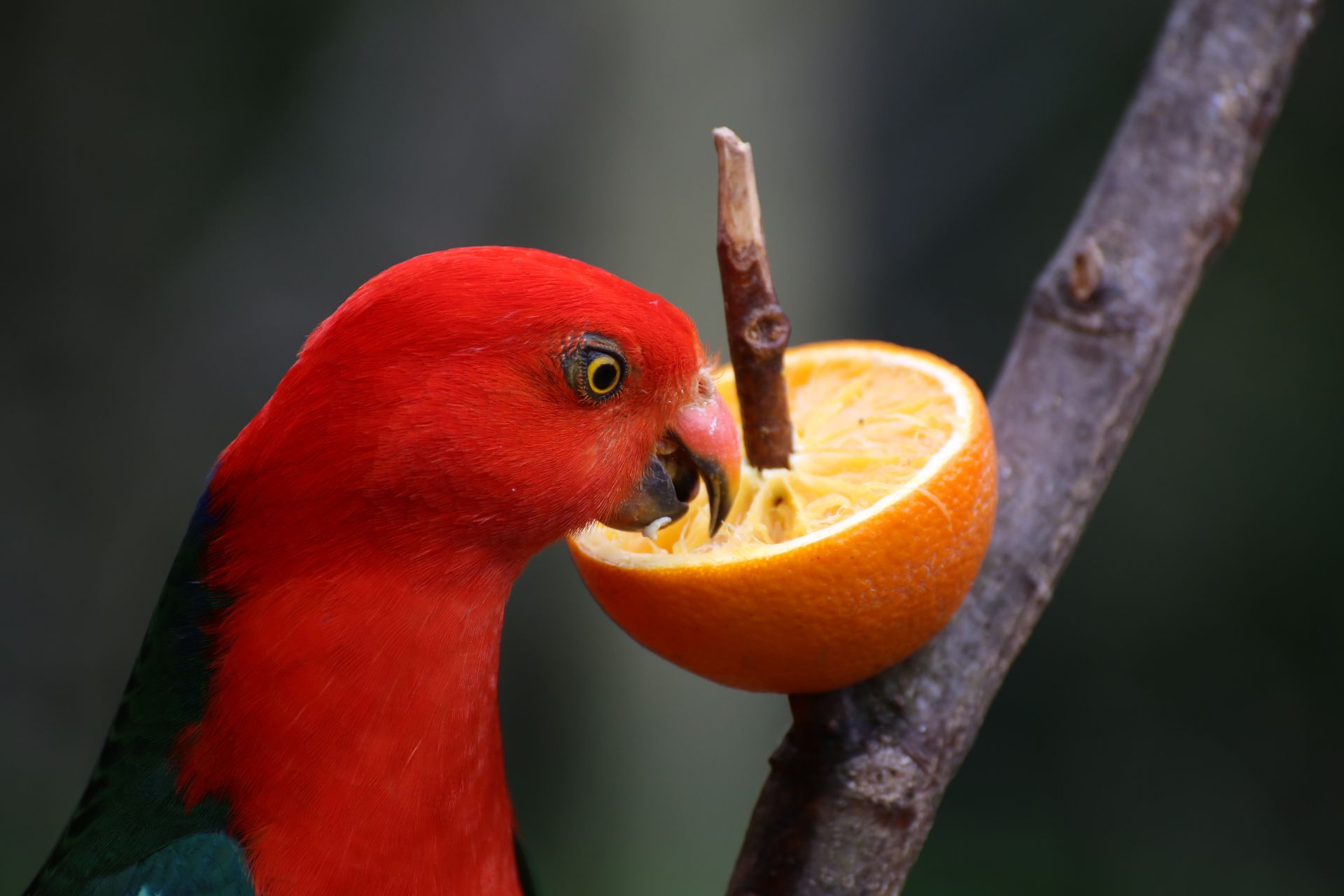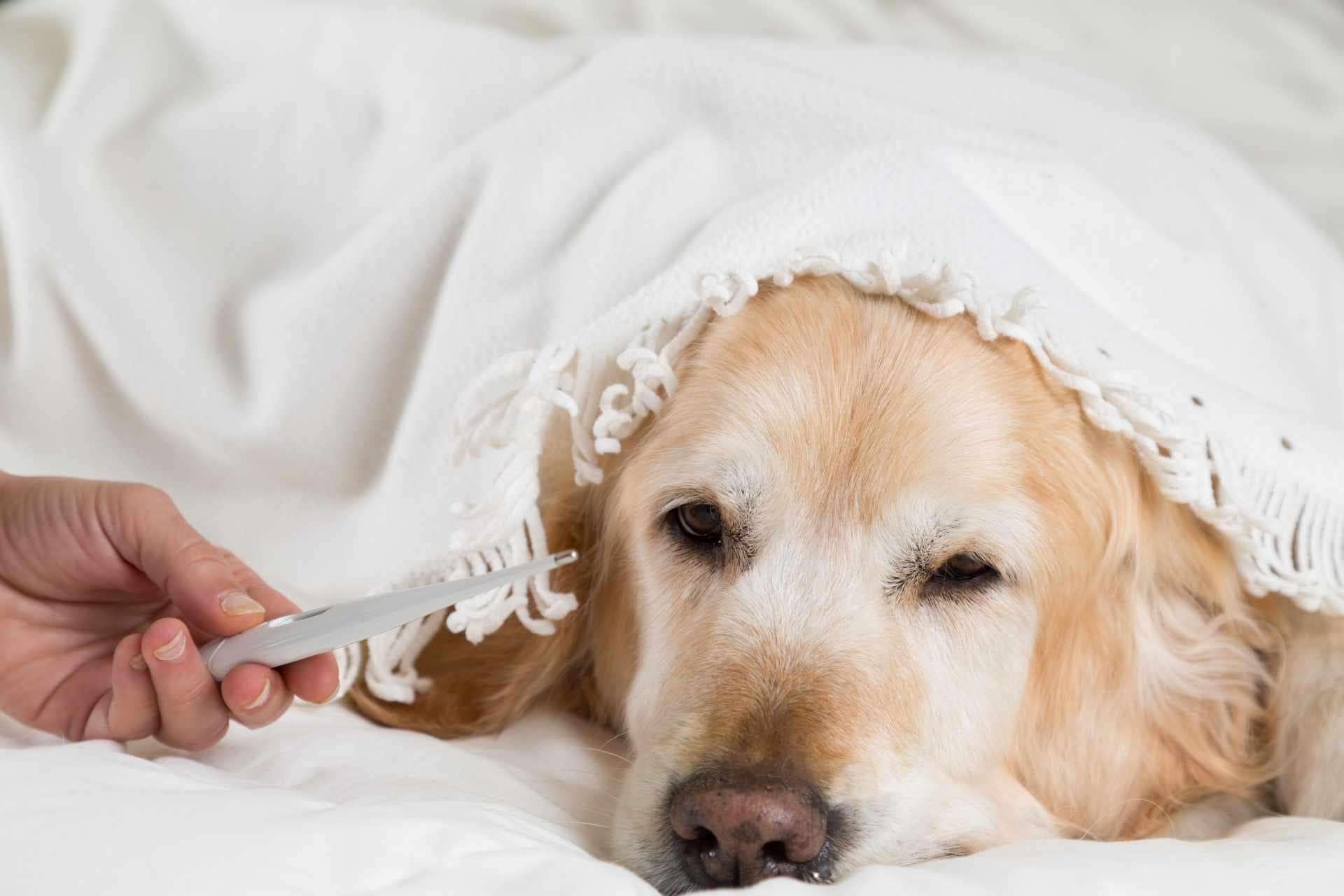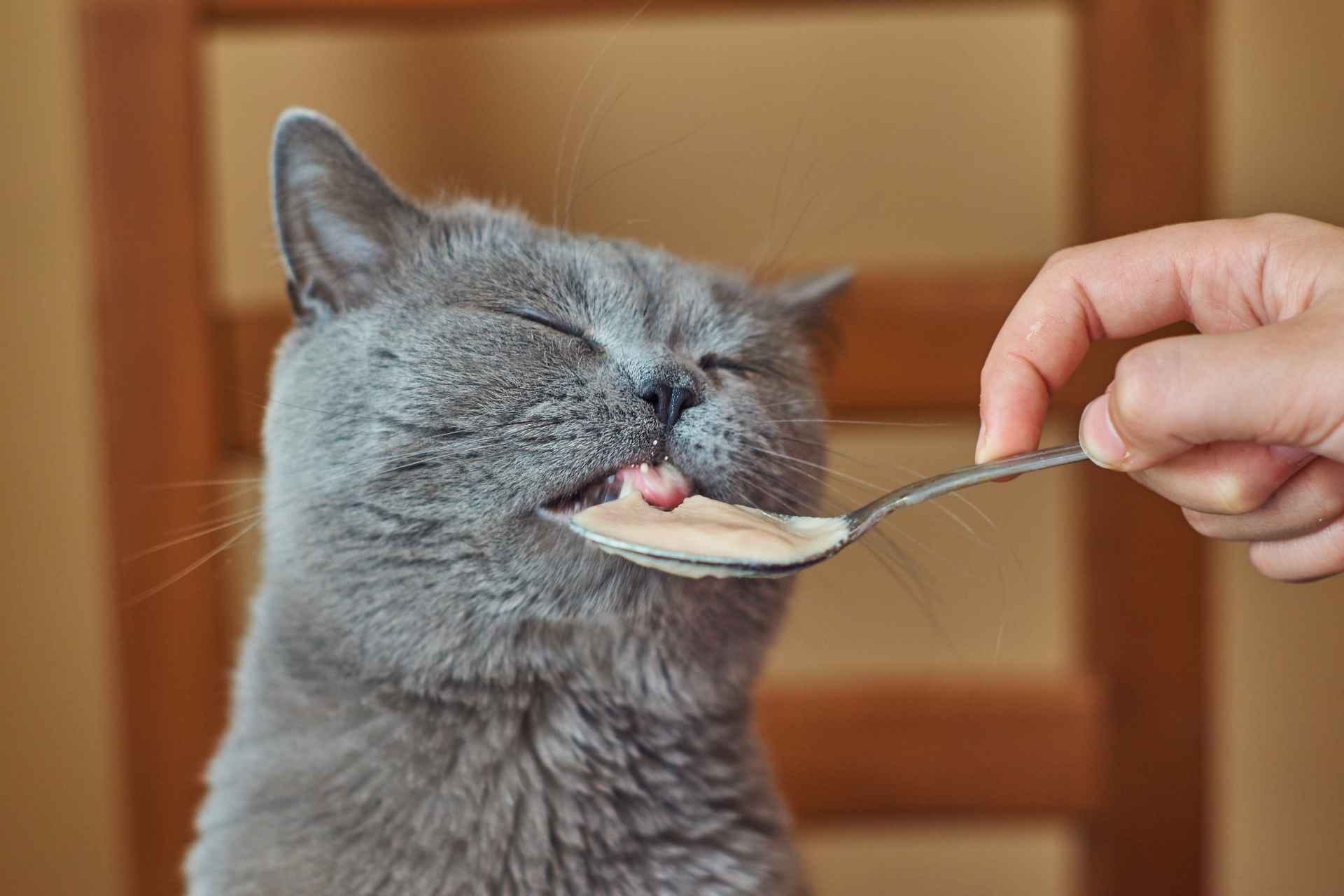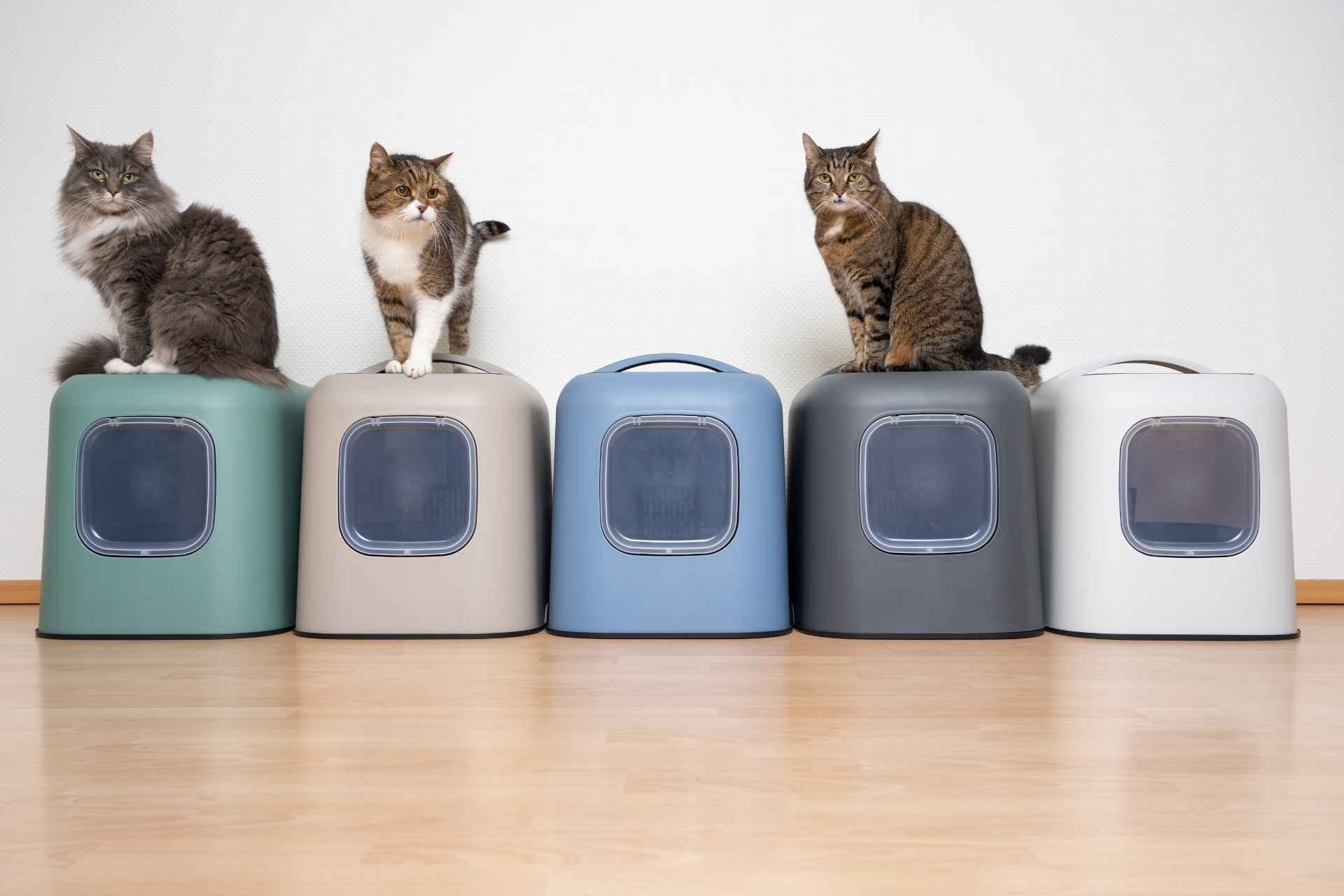Vitamins play a crucial role in maintaining the health and well-being of parrots. Providing your feathered friend with a balanced diet rich in essential vitamins is essential for their growth, development, and immune system function. Be sure to consult with a veterinarian to determine the specific vitamin needs of your parrot and to ensure the appropriate administration of any supplements. By prioritizing their nutritional requirements, you can help your parrot lead a vibrant and healthy life.
Contents
- Introduction
- Understanding Vitamins
- Essential Vitamins for Parrots
- Consequences of Vitamin Deficiencies
- Providing Vitamins to Parrots
- The Role of a Veterinarian
- Conclusion
- FAQs
Introduction
Parrots are vibrant and intelligent creatures that bring joy to many pet owners. Just like humans, parrots require proper nutrition to maintain good health and live a long and happy life. While a balanced diet is essential, vitamins play a crucial role in ensuring the well-being of these colorful feathered companions. In this article, we will explore the importance of vitamins for parrot health, discuss the various types of vitamins, their functions, and the consequences of deficiencies. We will also delve into ways to provide the right amount of vitamins to your parrot and the role of a veterinarian in maintaining their overall health.
Understanding Vitamins
Vitamins are organic compounds that are essential for the proper functioning of the body. They play a vital role in various biological processes and are necessary for growth, development, and overall well-being. There are two main categories of vitamins: water-soluble vitamins and fat-soluble vitamins.
Water-soluble vitamins, such as vitamin C and the B complex vitamins, are not stored in the body and need to be replenished regularly. On the other hand, fat-soluble vitamins, including vitamins A, D, E, and K, can be stored in the body’s fat tissues and liver for longer periods.
Essential Vitamins for Parrots
Proper vitamin intake is crucial for maintaining the health of parrots. Let’s explore some of the essential vitamins for parrots and their specific roles:
Vitamin A
Vitamin A is essential for parrots as it plays a crucial role in maintaining good vision and a healthy immune system. It helps in the development and maintenance of the skin, feathers, and mucous membranes. Good sources of vitamin A for parrots include orange and yellow fruits and vegetables, such as carrots and sweet potatoes.
Vitamin B complex
The B complex vitamins, including thiamine (B1), riboflavin (B2), niacin (B3), pyridoxine (B6), and cobalamin (B12), are important for metabolism, energy production, and nervous system function. These vitamins are found in a variety of foods, including whole grains, legumes, leafy greens, and meat.
Vitamin C
Vitamin C is known for its antioxidant properties and its ability to support the immune system. It helps in the production of collagen, which is essential for the development and maintenance of healthy skin, bones, and blood vessels. Good sources of vitamin C for parrots include citrus fruits, berries, and leafy greens.
Vitamin D
Vitamin D is crucial for parrots as it aids in calcium absorption, which is necessary for healthy bone development and overall skeletal health. Parrots can naturally synthesize vitamin D when exposed to sunlight, but they can also obtain it from certain foods like fortified cereals, egg yolks, and fatty fish.
Vitamin E
Vitamin E is an important antioxidant that protects cells from damage and promotes healthy tissues. It is beneficial for parrots’ skin, feathers, and reproductive health. Foods rich in vitamin E include nuts, seeds, and vegetable oils.
Vitamin K
Vitamin K is essential for blood clotting and bone health. It helps in the synthesis of proteins necessary for these processes. Parrots can obtain vitamin K from foods such as leafy greens, broccoli, and peas.
Consequences of Vitamin Deficiencies
Inadequate intake of essential vitamins can lead to various health issues in parrots. Vitamin deficiencies can weaken their immune system, hinder growth and development, and affect their overall well-being. Common signs of vitamin deficiencies include feather abnormalities, poor feather quality, delayed wound healing, reduced fertility, and an increased susceptibility to infections. It is crucial to provide a balanced diet to ensure your parrot receives all the necessary vitamins.
Providing Vitamins to Parrots
To ensure your parrot’s nutritional needs are met, you can provide them with commercially available vitamin supplements specifically formulated for birds. These supplements are designed to provide the required vitamins in appropriate doses. However, it is essential to consult with a veterinarian before introducing any supplements to your parrot’s diet.
Natural food sources can also contribute to meeting your parrot’s vitamin requirements. Incorporate a variety of fresh fruits, vegetables, whole grains, and lean proteins into their diet. By offering a diverse range of foods, you can help ensure they receive a broad spectrum of essential vitamins naturally.
The Role of a Veterinarian
Consulting a veterinarian specializing in avian care is highly recommended for maintaining your parrot’s overall health. They can assess your parrot’s specific needs, provide guidance on vitamin supplementation, and address any concerns you may have. A veterinarian’s expertise will help ensure that your parrot receives appropriate vitamin intake based on their unique requirements.
Conclusion
In conclusion, prioritizing the health and well-being of your parrot through proper vitamin intake is paramount. By providing a balanced diet and considering the specific vitamin needs of your feathered friend, you can ensure their growth, development, and immune system function. Remember to consult with a veterinarian to determine the best course of action and to address any concerns you may have. With the right care and attention, you can contribute to your parrot leading a vibrant and healthy life filled with joy and companionship.
FAQs
- Can I give my parrot too many vitamins? It is important to provide vitamins in the appropriate amounts. Excessive vitamin intake can be harmful to your parrot’s health. Always follow recommended dosages and consult with a veterinarian.
- Are there any risks associated with vitamin supplements for parrots? While vitamin supplements can be beneficial, improper use or excessive doses can lead to toxicity. It is crucial to consult with a veterinarian to ensure the correct administration and dosage.
- How can I tell if my parrot has a vitamin deficiency? Signs of vitamin deficiencies in parrots may include changes in feather quality, delayed wound healing, reduced fertility, and increased susceptibility to infections. Consult with a veterinarian for proper diagnosis.
- Are there any natural remedies for vitamin deficiencies in parrots? A balanced and varied diet consisting of fresh fruits, vegetables, whole grains, and lean proteins can help address vitamin deficiencies naturally. However, it is best to consult with a veterinarian for professional guidance.
- Can vitamin supplements alone ensure my parrot’s overall health? While vitamin supplements are important, they should be considered as part of a holistic approach to parrot health. A balanced diet, proper exercise, and regular veterinary care are equally important for their overall well-being.











